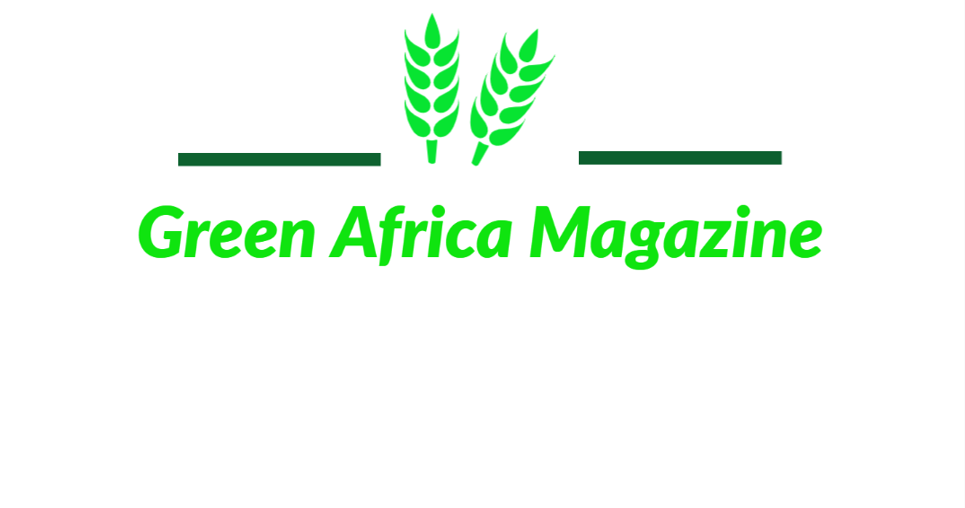Investing in perennial plants can offer great benefits to African farmers who are looking to achieve future gardening success. Perennial plants are those that live for more than two years and come with extra costs when compared to seeds. For instance, one would need to buy bulbs, potted plants, or trees which cost more than seeds. There is also a need for careful planning with perennial plants, as it is essential to know the soil’s texture, fertility, and drainage to achieve optimal growth.
Perennial crops such as fruits, flowers, vegetables, and herbs offer several advantages due to their multiseasonal and established nature. They contribute to the organic matter, porosity, and water-holding capacity of the soil, leading to better crop outcomes over time. Additionally, their root systems can reach lower-level soil minerals and moisture and establish beneficial relationships with mycorrhizal fungi, making them more drought and disease-resistant.
Perennial crops require less maintenance and pay for themselves over time since they do not require the repeated outlay of money annuals do. Consistent mulching helps maintain these crops by suppressing weeds and conserving moisture. Perennials also extend fresh food eating throughout the year, with some harvested in spring in advance of the annuals found in a typical outdoor garden.



